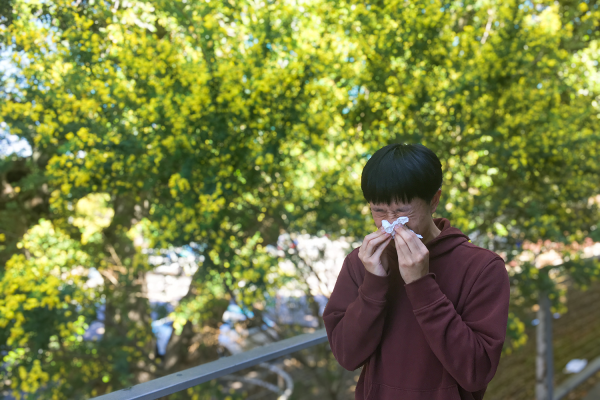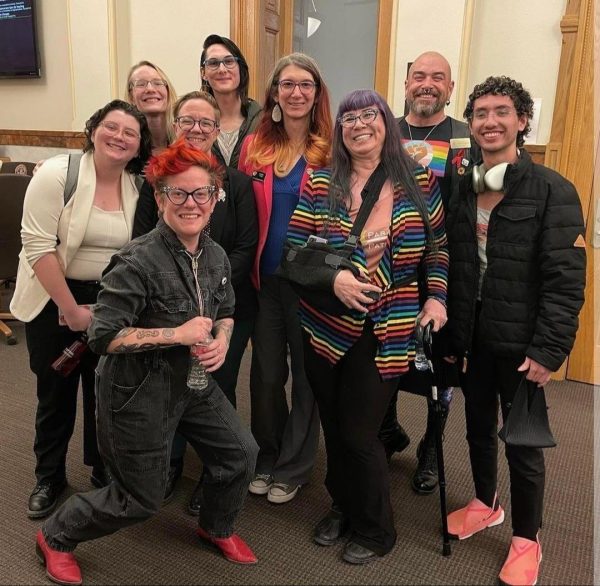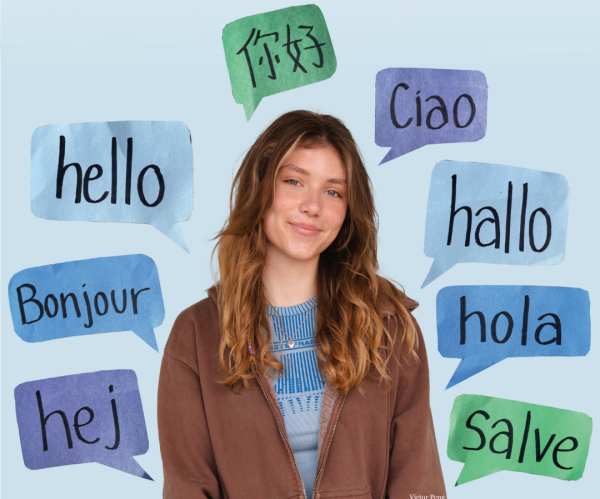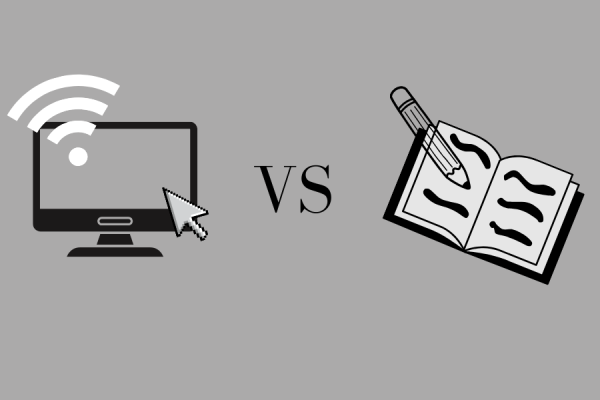Think Before Posting: How Teenage Tweets can Ruin a Life
Alexi McCammond, former Teen Vogue editor, was forced to resign on March 18 because of controversial tweets from her adolescence. For some, her situation prompts a question – should we be held responsible in adulthood for what we post as teens?
April 22, 2021
Thoughts are fleeting, but social media is forever.
That’s what former Teen Vogue Editor in Chief Alexi McCammond had to learn the hard way. McCammond was just about to step into her new position as editor in chief when offensive tweets from her adolescence resurfaced, prompting Condé Nast, Teen Vogue’s parent company, to release a memo on Thursday, March 18, saying they were going to “part ways” with McCammond.
The tweets were homophobic and derogatory toward Asians, shocking many, especially in a time when violence against Asian Americans and members of the LGBTQ+ community are pressing social issues.
“I should not have tweeted what I did and I have taken full responsibility for that,” McCammond wrote in an apology on Twitter.
Mireya Rajendran, sophomore, is the founder of the Psychology Club, a student organization that aims to educate members and others at MHS about the human mind. She said teens need to think before they post to avoid situations like McCammond’s.
“[Teens] forget to consider that the moment they click ‘post,’ they are sharing something with the world that won’t disappear even if they choose to delete it,” she said.
Rajendran recommends that before teens post, they make sure to ask themselves questions from the perspective of a follower on social media.
“How would that [follower] feel?” she said.“Would they be offended? Would they feel any other negative emotions? If the answer is yes, it would be best to refrain from posting.”
[Teens] forget to consider that the moment they click ‘post,’ they are sharing something with the world that won’t disappear even if they choose to delete it.
— Mireya Rajendran
Brain structure might also impact what teens post, said Danielle Potts, school psychologist at MHS and Kehrs Mill Elementary.
“The frontal cortex, or area of the brain responsible for logical reasoning and decision making, is still developing and maturing during the teen years,” she said.
The amygdala, the part of the brain responsible for immediate reactions, actually develops first, Potts said. The actions of teenagers are guided more by the emotional and reactive amygdala, making them susceptible to impulsive behavior.
Emily Webb, counselor at Wild Horse Elementary, said an underdeveloped prefrontal cortex does not mean teens lack the ability to make good choices, or be responsible and accountable, but it can lead teenagers to perform rash actions.
Webb said because the prefrontal cortex is not functioning at full capacity, teens have to pick up some skills that come naturally to adults.
“Teens have to learn decision-making strategies, empathy, self-control. These are all traits that can be taught,” she said.
Adding to the premature state of the adolescent brain, quickness and availability of social media can influence what teens share.
Amber Kharawala, sophomore, also in the Psychology Club, said teens should definitely be held accountable for what they say on social media or otherwise.
“Being young doesn’t excuse racist or offensive behavior,” she said.
Teens have to learn decision-making strategies, empathy, self-control. These are all traits that can be taught.
— Emily Webb
Kharawala said society should help teenagers learn from their mistakes and show them why what they said or posted is wrong.
Senior Jessica Zhang, a member of the Asian-American community, said McCammond’s words were inexcusable.
“I don’t appreciate people who are trying to excuse this behavior, [and the argument] that ‘we all say dumb things when we’re young’,” she said. “Her comments weren’t ‘dumb’. They were racist and homophobic.”
Zhang said Asian Americans are usually told they’re too sensitive, which normalizes things like McCammond’s behavior and sparks internalized racism.
“While I do have mixed emotions about [McCammond’s] apology statement, it’s up to each individual Asian American to decide how they feel,” she said. “No one should be telling them to ‘get over it’ if they don’t accept her apology.”
This story was originally published on Marquette Messenger on April 18, 2021.

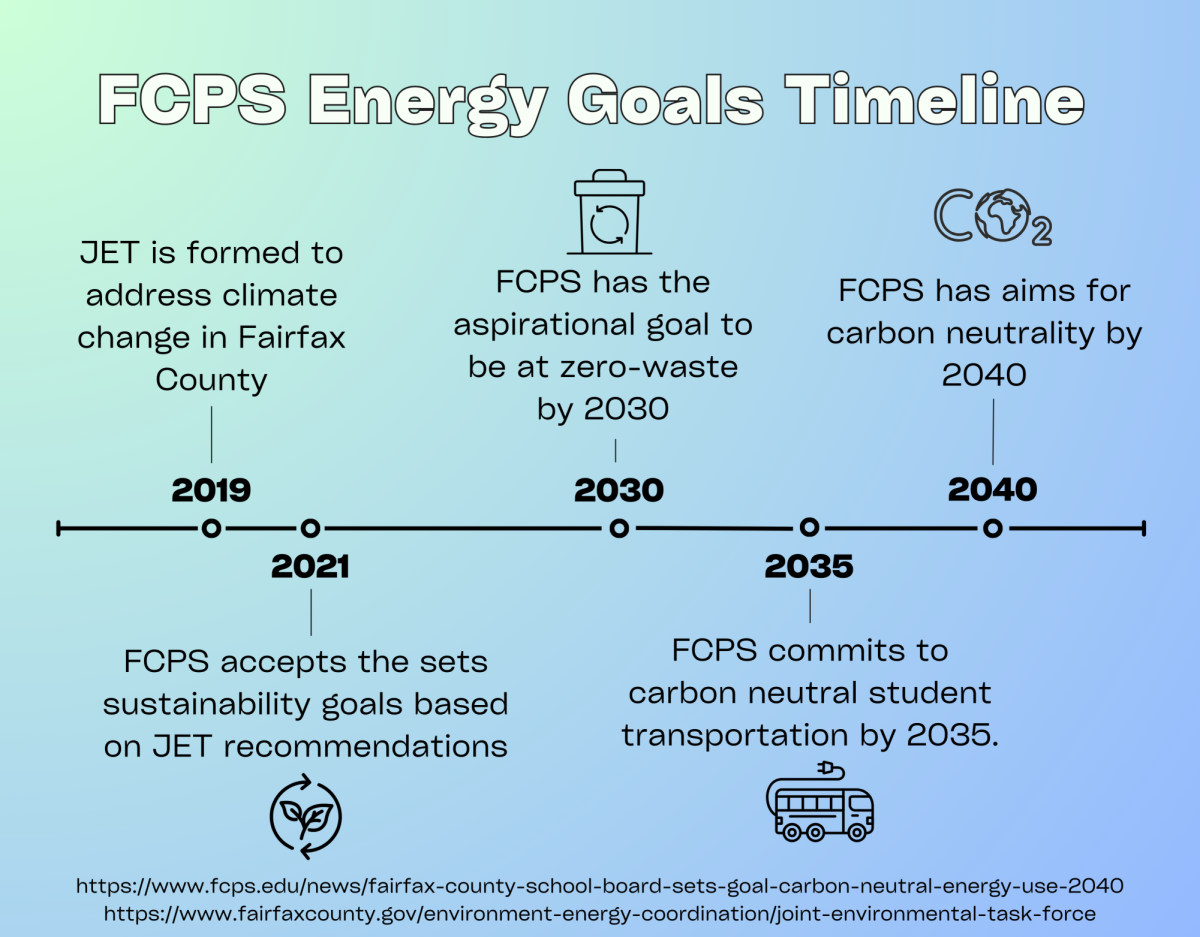












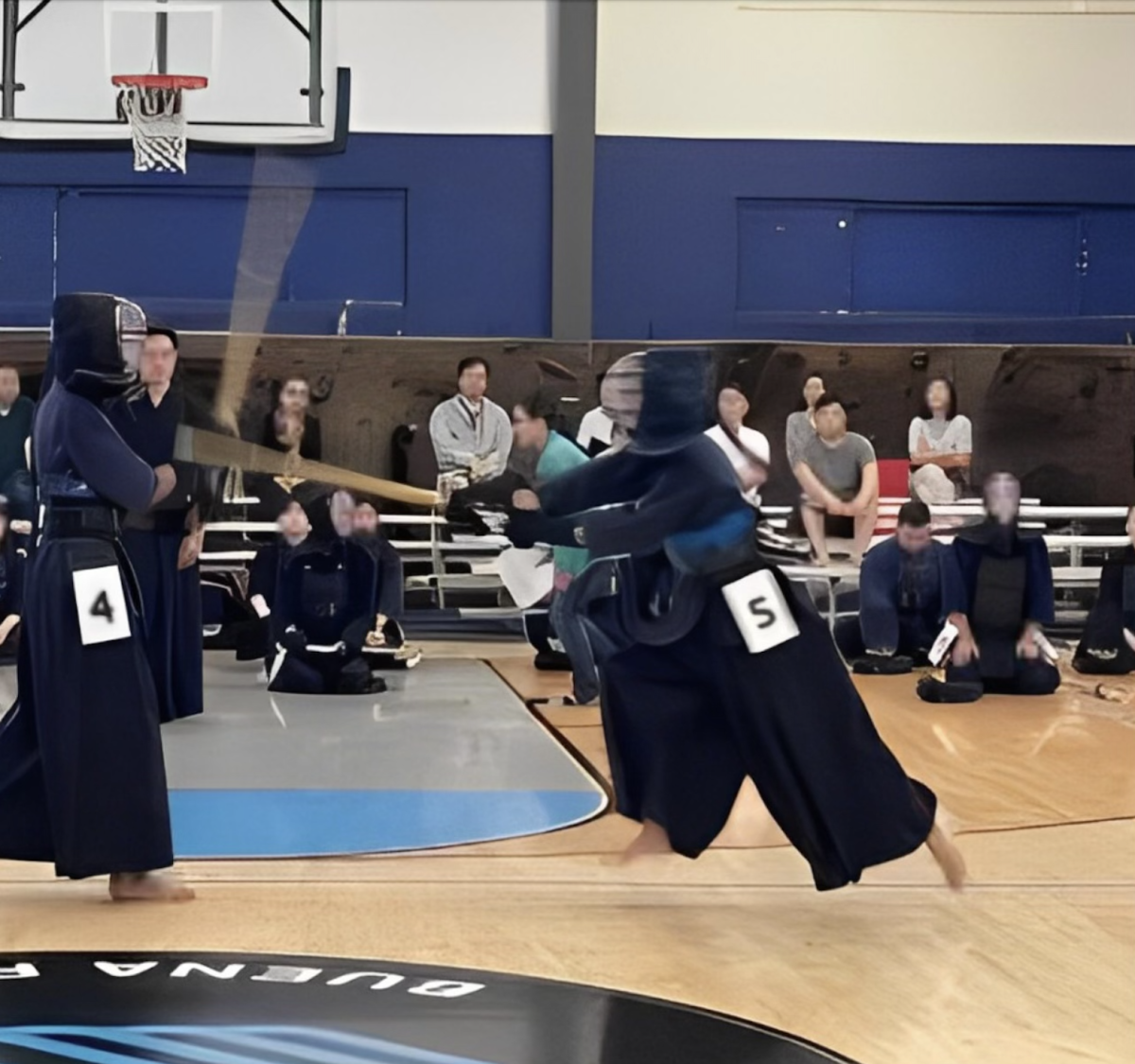
















![IN THE SPOTLIGHT: Junior Zalie Mann performs “I Love to Cry at Weddings,” an ensemble piece from the fall musical Sweet Charity, to prospective students during the Fine Arts Showcase on Wednesday, Nov. 8. The showcase is a compilation of performances and demonstrations from each fine arts strand offered at McCallum. This show is put on so that prospective students can see if they are interested in joining an academy or major.
Sweet Charity originally ran the weekends of Sept. 28 and Oct. 8, but made a comeback for the Fine Arts Showcase.
“[Being at the front in the spotlight] is my favorite part of the whole dance, so I was super happy to be on stage performing and smiling at the audience,” Mann said.
Mann performed in both the musical theatre performance and dance excerpt “Ethereal,” a contemporary piece choreographed by the new dance director Terrance Carson, in the showcase. With also being a dance ambassador, Mann got to talk about what MAC dance is, her experience and answer any questions the aspiring arts majors and their parents may have.
Caption by Maya Tackett.](https://bestofsno.com/wp-content/uploads/2024/02/53321803427_47cd17fe70_o-1-1200x800.jpg)
![SPREADING THE JOY: Sophomore Chim Becker poses with sophomores Cozbi Sims and Lou Davidson while manning a table at the Hispanic Heritage treat day during lunch of Sept 28. Becker is a part of the students of color alliance, who put together the activity to raise money for their club.
“It [the stand] was really fun because McCallum has a lot of latino kids,” Becker said. “And I think it was nice that I could share the stuff that I usually just have at home with people who have never tried it before.”
Becker recognizes the importance of celebrating Hispanic heritage at Mac.
“I think its important to celebrate,” Becker said. “Because our culture is awesome and super cool, and everybody should be able to learn about other cultures of the world.”
Caption by JoJo Barnard.](https://bestofsno.com/wp-content/uploads/2024/01/53221601352_4127a81c41_o-1200x675.jpg)





